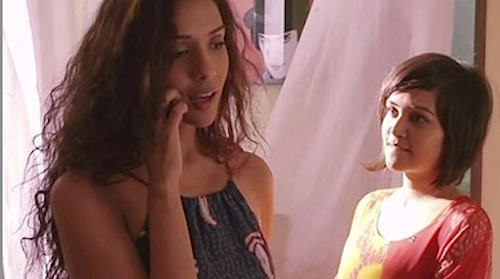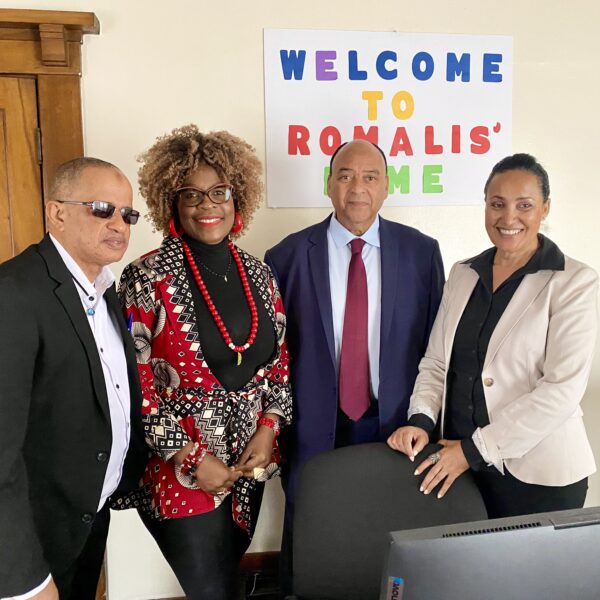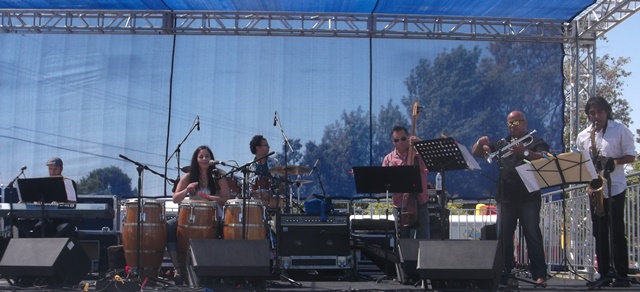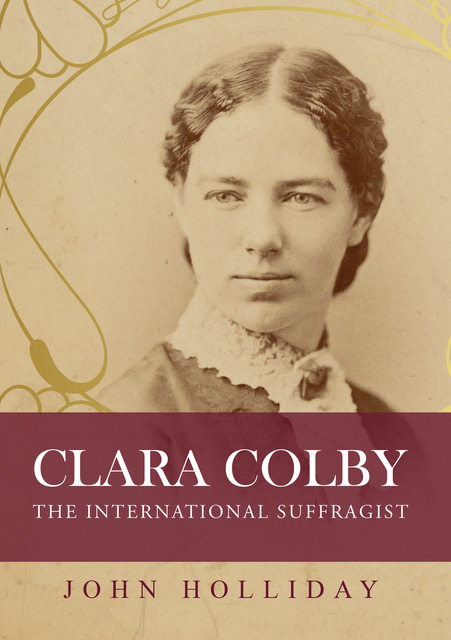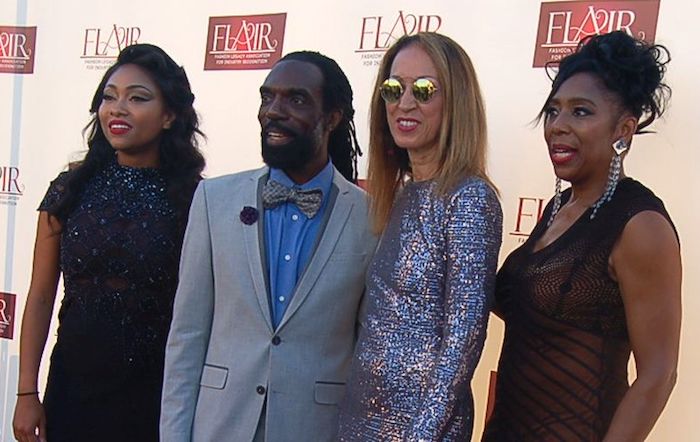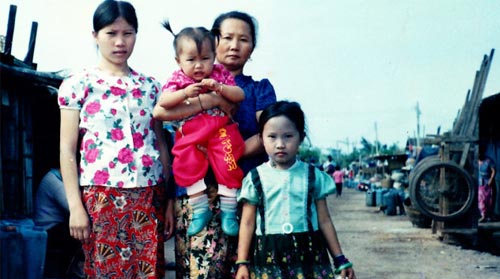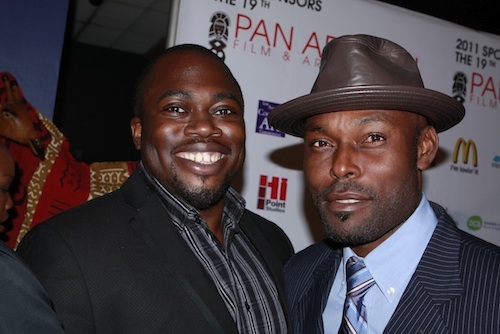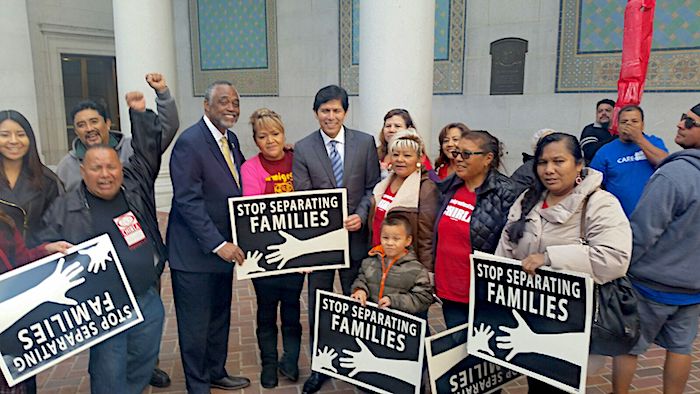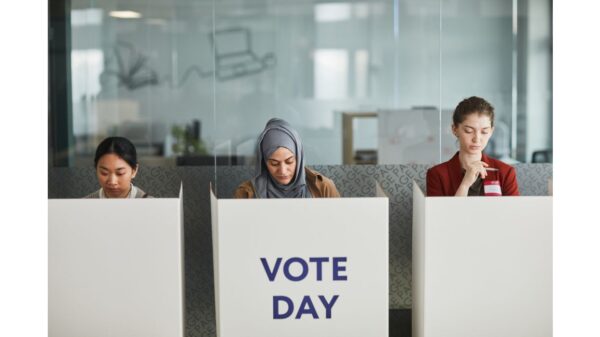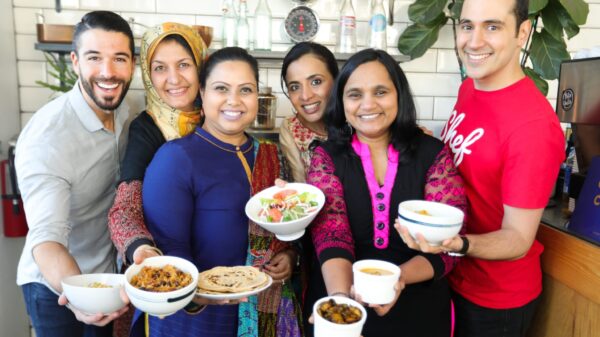The Kashish film festival in Mumbai just completed its sixth edition. It does not call itself a “human rights” film festival or a “diversity” film festival or an “equality for all” film festival. It shuns all euphemisms and calls itself plain and simple the Mumbai International Queer Film Festival. Its website URL is an unabashed mumbaiqueerfest.com.
On the closing night of this year’s Kashish, Mumbai’s beautiful Art Deco Liberty Theater, run by the Hoosein family since 1947, was buzzing. India’s only transgender/hijra dance troupe brought the house down with their sequin-spangled Helen numbers. Former Mr Gay India, Sushant Divgikar was strutting the stage basking in the spotlight. And the entire theatre was on its feet as Rainbow Voices, an LGBT choir from Mumbai, all sleek in black and silver, some of the boys with heavy eyeliner and a flower tucked behind the ear Salma Sultan style, belted out Hum Honge Kaamyaab. It was a bona fide goosebump moment.
But the real eye-opener was the chief guest on the occasion . In a column in Mid-Day, Malavika Sangghvi, one of the festival’s judges, quotes the chief guest as telling the crowd, “To the Kashish family, I would like to say that the road ahead will not be easy. You will meet resistance. But on my part I will assure you that I will stand for you, I will stand with you whether we may succeed or not.”
It might sound like boiler plate cheerleading, de rigueur for such occasions. Except the speaker was Shaina NC, a spokesperson for the ruling BJP party, most often seen on television defending the government’s stance.
All this in a country where homosexual sex has been re-criminalized. And Shaina NC’s own colleague, the Home Minister Rajnath Singh has categorically said his party is against homosexuality because it is an “unnatural act.”
And now again in a country where homosexual sex is technically illegal, an ad for “contemporary ethnic apparel” featuring a lesbian couple has gone viral. There’s nothing coy about the ad. There’s no need to read between the lines. The couple is clearly a couple. There’s even a hint of short-hair long-hair butch-femme in the relationship. There is a casual sleep-tousled intimacy about them, what Vikram Johri correctly describes in Daily O as “everyday lived-in-ness”. They laugh, tease each other, flirt as they go about getting nervously ready for the Big Visit. One set of parents is on their way to the house for the first time. The ad is lovely, billowing curtains and all, hitting all the right notes without shrill sloganeering. And the kurtas are showcased nicely, neatly woven into the narrative. All this comes close on the heels of an international hoopla about India’s first gay matrimonial ad carried by the popular daily, Mid-Day.
What gives?
The Indian Supreme Court proposes, but Indian society (at least the part that reads Mid-Day and likes to shop for trendy orange kurtas) disposes?
This is really about a society where pretty much everything goes as long as you don’t rock the boat too much. Even way back in 1996, the main fracas over Deepa Mehta’s Fire was not so much the lesbian relationship between the sisters-in-law but that they were named Radha and Sita, which the Hindutva brigade construed as Hindu-bashing provocation.
But we have come a long way from Fire. Or even 2008’s faux-gay Dostana where John Abraham and Abhishek Bachchan pretended to be a gay couple but still had separate bedrooms. Now posters for Family Album, a Bengali film currently in theaters, blanket the walls and lampposts of Kolkata openly showing two major actresses under the covers. No one is particularly bothered. No one is picketing the theatres.
What the Supreme Court did not realize when it reinstated Section 377 in 2013, was that the society has come a long way. Like toothpaste it just cannot be pushed back into the tube.
This Anouk ethnic apparel ad is yet another example of that momentum of social change. And it’s not the only one. Hindustan Times wore its “openness” on its sleeve in an ad where a young man whacks his friend with a rolled up newspaper for staring at a gay couple and making fun of them. Vodafone tiptoed into gay territory in an ad which seemed to say it all with sideways glance. Fasttrack had its own girl-on-girl ad with a shocking pink changing closet and described itself as “a window into the young progressive mindset of today’s youth. A mindset that isn’t bogged down or defeated by society’s rules.”
What is actually striking about these ads are the comment boards on Youtube. India’s comment boards are hardly a bastion of civility. But by and large the tenor of these comments is “awesome”. One commenter says about the Fastrack ad “3 intolerant homophobes disliking this” while another says “They should make a male version.” The top comment on the HT ad reads “thanks some faith in media restored”. In an age of “presstitutes” that’s high compliment indeed.
These companies want to cash in on the coolness factor and in a way, the retrograde 377 verdict, allows them to appear even more cool. The fact is they do not risk that much. It’s not like heterosexual women will wonder if an Anouk kurta makes them a little too lesbian. And there’s little likelihood that the VHP or the All India Muslim Personal Law Board will launch a BoycottMyntra campaign for uploading the Anouk ad. They are too busy with Yoga Day, gharwapsi and beef bans and challenging 377 in court. And the internet is a virtual space which makes it safer for such experiments. Unlike a real gallery which can be vandalized and an artist beaten up as openly gay painter Balbir Krishnan found out in 2012.
A company like Anouk deserves all the credit for making an ad like The Visit. Hopefully some version of this will show up on television where its reach will be far wider and its impact far greater. But the real test of courage for corporates remains elsewhere. Will these companies also show the same openness when it comes to their own HR polices? When it comes to non-discrimination among their employees? When it comes to partner benefits? Or at that point will a company point to Section 377, plead helplessness, and put all this “Bold is Beautiful” rhetoric into cold storage?
There is no magic formula for social change. Sometimes it’s led by the courts. The US courts dragged the American South kicking and screaming into desegregation. That was a time where the courts were ahead of much of society. By the time those same courts struck down sodomy laws, society had moved way ahead of the law. No one batted an eyelid. Now the opposition to same-sex marriage in the US is declining steadily. That same tango between society and the law is happening in India. Sometimes one leads and sometimes the other.
And if there’s anything we should read into the Anouk ad it’s this – that just because the court is out of step right now, it does not mean the society won’t keep dancing ahead – one ad, one book, one crowdfunded film festival at a time.
Some day inevitably the father-figures of the court too will catch up. And then like the young woman in the Anouk ad, society will say “Papa, you’ve reached? We’ll just come down.”
Sandip Roy is an author of “Don’t Let Him Know” and a columnist for First Post, where this article originally appeared.

